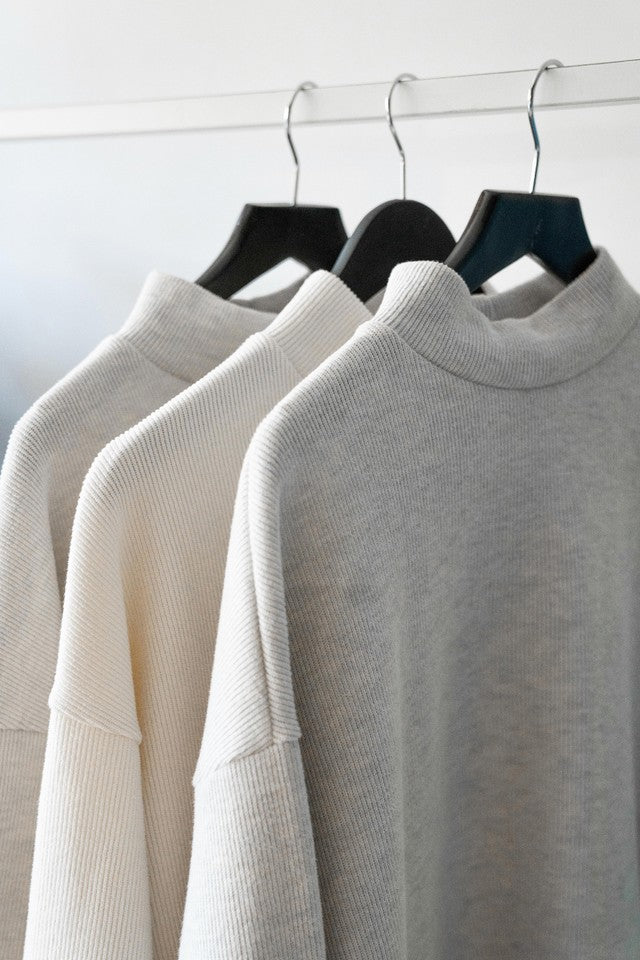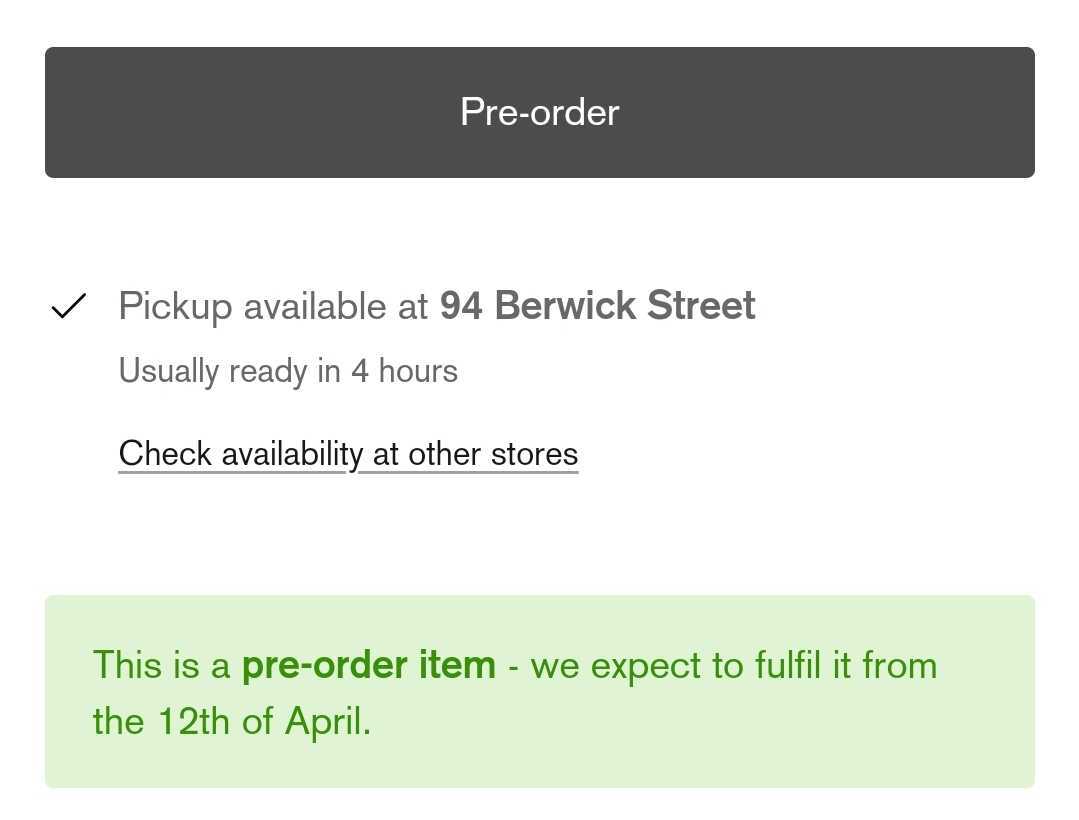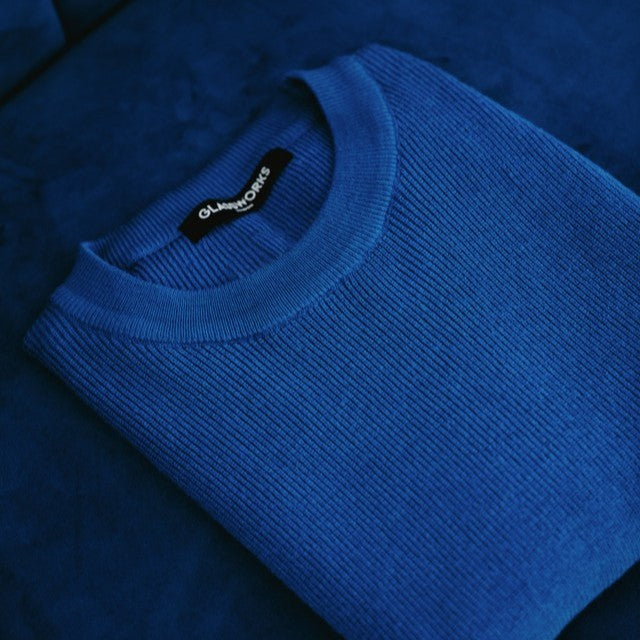Our Production Model.
Fashion is inherently unsustainable, but it is also illegal to leave the house naked.

Limited edition runs.
A running joke here at Glassworks is that our end of season sale rail can be quite sparse, but we have a good reason for it!
Our business model is based on limited-edition and limited-quantity drops which are made to sell-out, and the quantity we produce of these pieces are calculated through data analysis. By producing in very small quantities, we make sure we’re not exceeding demand and accumulating end of season waste.
Certain items become brand favourites and we sometimes bring them back. Other pieces come and go in the bat of an eye… but there’s always a new style on its way to our rails.

Pre-order system.
As part of our commitment to minimising waste and managing stock responsibly, we introduced a pre-order system for our online store. Put simply, it allows us to gauge interest and produce in line with demand, further avoiding overproduction and deadstock.
If an item is available to pre-order, customers can add the item to their cart and purchase online as usual. We then receive the order and produce the item. Finally, once the order is ready, we send it out to the customer.
We include an expected fulfilment date on pre-order items and always aim to fulfil orders to the date specified. On very rare occasions, we might be unable to produce the item or fulfil the order to the expected date. In this case, the customer will get a full refund.
Materials and fabrics.

Understanding our fabrics.
According to research, it is estimated that the production of fibre for the fashion industry accounts for over 6% of global CO2 emissions. Our dedicated production team is always looking for innovative materials and better alternatives to conventional fabrics to incorporate into our collections. We carried out extensive fabric research and established a fabric tier system to give us a better understanding of our clothes.
As part of our 2023 goals, we aim to share our current fabric breakdown and tier system alongside a detailed garment care guide to help consumers make informed purchases and maximise the lifecycle of their clothes.
And if you want to geek over yarns and fabrics a little bit more, scroll down to read about some of our favourite fabrics at the moment.
TENCEL
Tencel is a branded name for Lycocell. It originates from wood pulp from sustainable tree plantations of eucalyptus and bamboo. The wood pulp is turned into fibre through a closed loop system, meaning the water and other processing chemicals used are caught and reused again.
LINEN
Hemp and flax (the plants used to make linen) grow in poor quality soil and can adapt to a wide range of climates. Hemp farming is carbon positive as it requires very little space to grow, and benefits soil health by returning 70% of nutrients back to the soil through the decomposition of the plant’s lower leaves.
ALPACA WOOL
A single alpaca produces enough wool to create 4–5 jumpers and the species require less food and water per kilo compared to sheep and goats. Alpaca wool does not have a lanolin coating meaning that less energy and water is required to process the material into textiles. There is much less risk of desertification with this species as they do not rip grass from the root and have soft hooves which don’t disturb the soil.
RECYCLED COTTON
Cotton is a dominant natural fibre in the textile industry but it requires unsustainable amounts of water to cultivate. Organic and recycled cotton are more environmentally-friendly alternatives that require less water and chemicals than conventional cotton.






